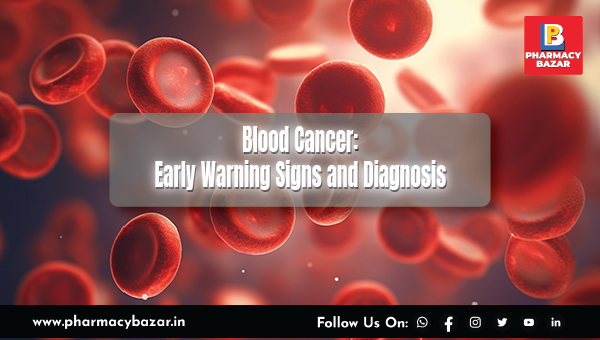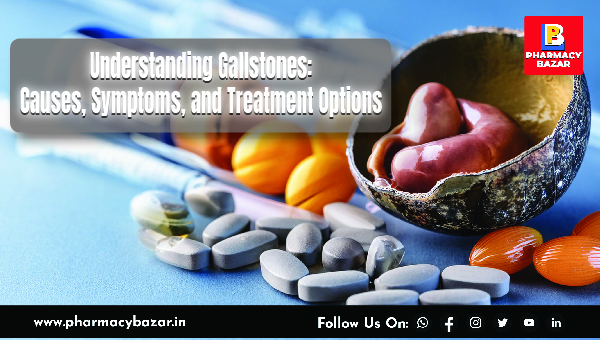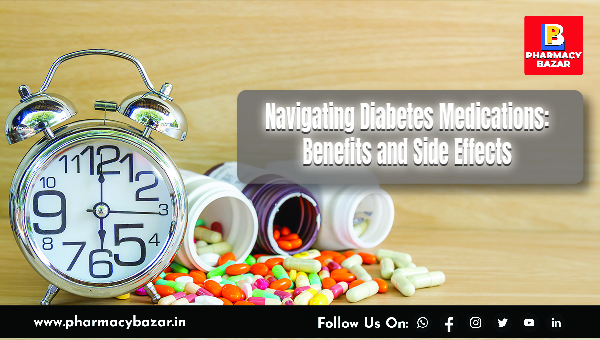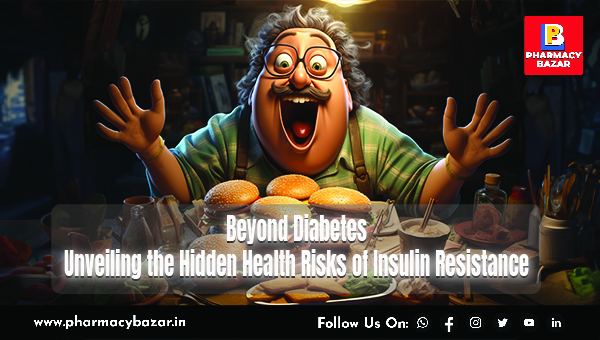HOW SMOKING AFFECTS THE HEART AND HOW TO REDUCE THE RISK OF HEART DISEASE
May 17, 2023
Smoking is one of the leading causes of heart disease, which is the leading cause of death worldwide. According to the World Health Organization (WHO), smoking causes approximately 1 in every 5 deaths from heart disease. Smoking affects nearly every organ in the body, including the heart. In this article, we will explore how smoking affects the heart and what you can do to reduce your risk of heart disease.
Nicotine, the addictive substance in cigarettes, raises the heart rate and blood pressure, putting a strain on the heart. It also increases the amount of carbon monoxide in the blood, which reduces the amount of oxygen that can be transported to the heart and other organs. This can lead to atherosclerosis, the buildup of plaque in the arteries that can lead to heart attacks and strokes.
Smoking also damages the lining of the arteries, making it easier for plaque to build up. This damage can cause the arteries to become narrow, reducing blood flow to the heart. It can also cause blood clots to form, which can block the arteries and cause a heart attack.
In addition to the direct effects of smoking on the heart, it also increases the risk of other conditions that can lead to heart disease. These include high blood pressure, high cholesterol, and diabetes. Smoking also makes it harder for the body to heal and recover from a heart attack.
Fortunately, the effects of smoking on the heart can be reversed. Quitting smoking is the best thing you can do to reduce your risk of heart disease. According to the American Heart Association, within 1 year of quitting smoking, the risk of heart disease is reduced by 50%. Within 2-5 years, the risk of stroke is reduced to that of a non-smoker.
Quitting smoking can be challenging, but there are many resources available to help you. Talk to your doctor about medications that can help you quit smoking, such as nicotine replacement therapy or prescription medications. You can also join a support group or use online resources to help you quit.
In conclusion, smoking is a major risk factor for heart disease. It increases the risk of plaque buildup in the arteries, reduces blood flow to the heart, and makes it harder for the body to recover from a heart attack. Quitting smoking is the best thing you can do to reduce your risk of heart disease and improve your overall health. If you smoke, talk to your doctor about the best ways to quit and stay smoke-free.
DISCLAIMER: This article is the property of Pharmacy Bazar and is protected by copyright laws. The information provided in this article is for educational and informational purposes only and is not intended to be a substitute for professional medical advice, diagnosis, or treatment. Always seek the advice of a qualified healthcare provider with any questions you may have regarding a medical condition. Never disregard professional medical advice or delay in seeking it because of something you have read in this article. The author and publisher of this article do not endorse any specific treatments, procedures, or products mentioned in this article.
Recent Post

Blood Cancer: Early Warning Signs and Diagnosis

Understanding Gallstones: Causes, Symptoms, and Treatment Options

Navigating Diabetes Medications: Benefits and Side Effects

Revolutionizing Cancer Treatment: How Unleashing T Cells' Energy Could Transform Immunotherapy

The Power of Lower Back Stretches: Benefits and Best Yoga Asanas for a Healthy Spine

8 Health Conditions That Could Be Due to Magnesium Deficiency

Unlocking Brain Health: How Lifestyle Choices Impact Cognitive Functions

When Speech Takes a Surprising Turn: Unraveling Foreign Accent Syndrome

The Optimal Time to Take Your Vitamin D Supplement: Insights and Best Practices

Beyond Diabetes: Unveiling the Hidden Health Risks of Insulin Resistance

